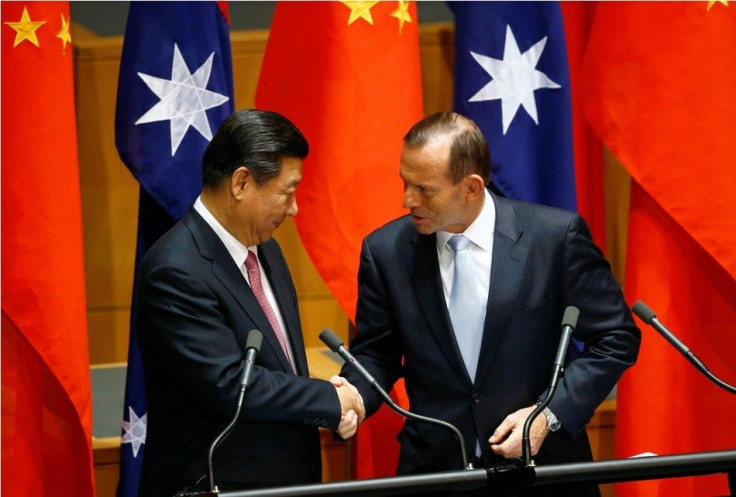Unions say Labor’s proposed amendments to ChAFTA not enough

Unions opposing the China-Australia free trade agreement (ChAFTA) are claiming that Labor’s proposed amendments to the deal do not go far enough to help local workers..
The opposition has pushed for the advertisement of jobs locally before considering overseas workers, and wants more rigorous skills testing and a minimum wage increase for workers under 457 visas. The proposed changes are to be seen in related legislation as opposed to the actual deal, according to opposition leader Bill Shorten.
Although the government will be looking into the proposed changes under good faith, the Australian Council of Trade Unions (ACTU) believes they are not enough, and will see foreign workers entering Australia without market testing.
"There are still major gaps for us with the China free trade agreement (FTA) and we don't think these amendments to the migration bill will fix all of the problems," Ged Kearney, ACTU president, claimed. "So the changes to the Migration Act do not cover all our concerns."
So far, the unions have been countering the deal through television advertisements. The ACTU has also been conducting local forums throughout the country, challenging the Coalition MPs in the process. Kearney maintains that until the ACTU’s raised concerns have been addressed, counter campaigns will continue.
Meanwhile, the Australian dairy industry is in support of the Labor’s amendments as the market expressed eagerness on the ongoing ChAFTA negotiations. Australian Dairy Industry Council (ADIC) chair Noel Campbell said in his speech at Parliament house last Wednesday that it was "encouraging" that the opposition chose to make great strides in determining loopholes in the deal and possible changes. Campbell further claimed that the ChAFTA must be ratified before the year ends to achieve instant formula tariff cuts - as much as 50 per cent - to push through by Jan. 1.
However, Victorian Labour MP Kelvin Thomson believes Labour should not go through with any of the changes if the government still do not agree on all points and the demands of the party.
He had previously questioned the impact of Australia’s free trade agreements. According to Thomson, if the government is not ready to honour the proposals, then the treaty should not be changed. Otherwise, it would only pose more harm to Australian workers. There should be safeguards to keep provisions in check.
The Australian Industry (AI) Group, which represents businesses across a range of sectors including manufacturing, food and labour hire, cautioned against Labour’s proposed changes and the effect they might have on creating more barriers.
“The proposed immigration amendments sought by the Federal Opposition need to be considered carefully to ensure they do not add unnecessary layers of complexity to the engagement of people under the 457 visa system,” AI Group’s Chief Executive, Innes Willox, said in an official statement.
He added, “The amendments put forward as negotiable conditions for Labour to support the China Australia Free Trade Agreement should clarify and not add to existing red tape." Willox also stated that the established components of the present testing regime should be adopted in regulations or legislation.
Contact the writer at feedback@ibtimes.com.au, or let us know what you think below.





















